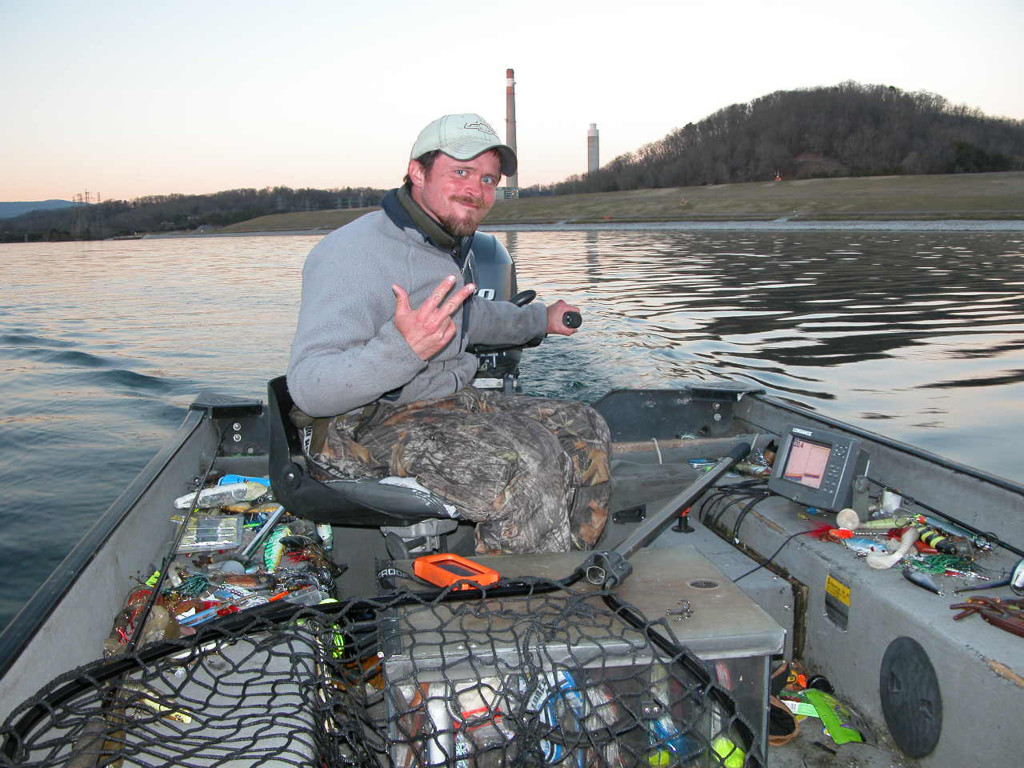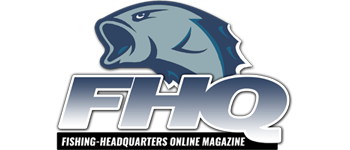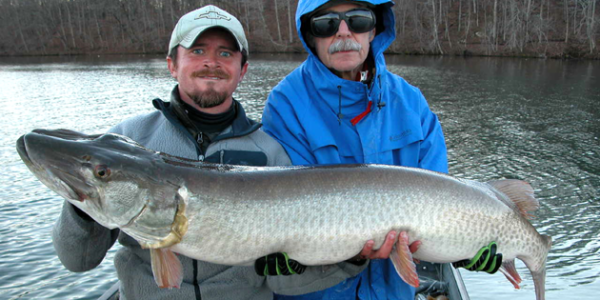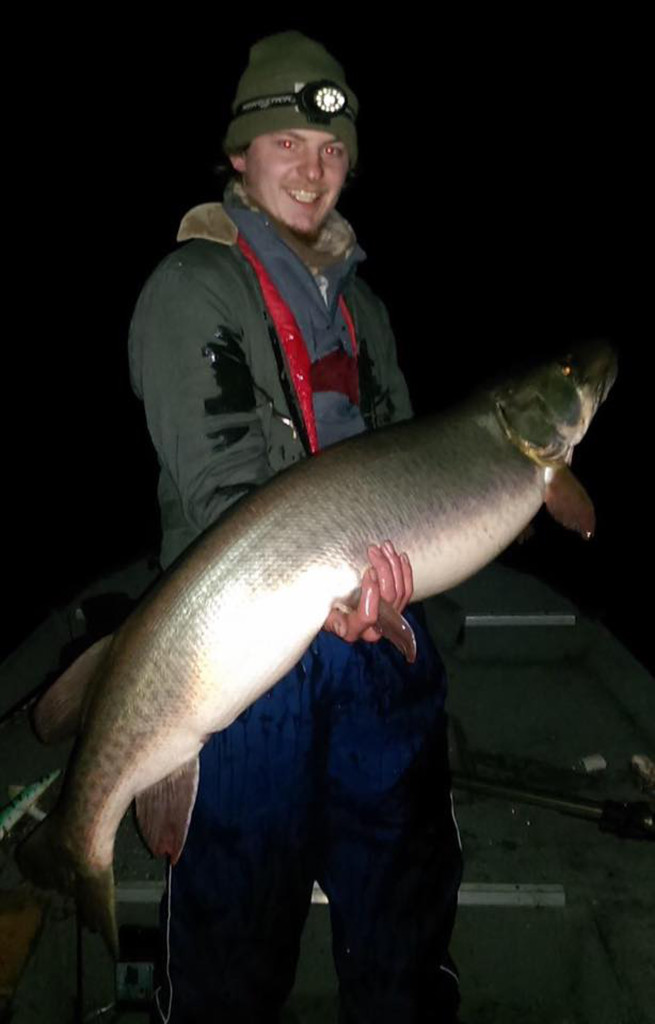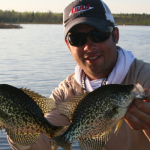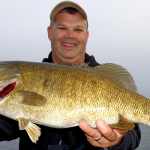It Might As Well Be Spring: I’m a restless as a willow in a windstorm; I’m as giddy as a baby in a swing. I swear that I have spring fever, as do most musky anglers this time of year. Here they sit, holed up in their dens, clinging rabidly to a tablet pouring over pictures and articles and the wonderland of “Winter Net”. Hesitation is the hallmark of missed opportunity; skepticism the calling card of the imitator. They sit and wait and watch for another to make their move, provide the empirical evidence of traveling outside the comfort zone before they venture themselves.
By the time they finally jump into the pool? It’s already being drained by the teeming throng of shoulder-parrots and mimics: Only repeating the words and actions of others, never daring to step out over the precipice. Isn’t this however what the spirit of angling is all about, especially the pursuit of musky? Finding the wrinkles in the tapestry, digging into the dirt and unearthing the evidence of untold treasures are the spirit. Nothing ventured, as they say, nothing gained. Instead of draining gigabytes of data on Netflix this winter and drowning your forlorn in the amber elixir of a whiskey, seize the manifest destiny of the musky angler – exploration. We are blessed to find pleasure in the pursuit of a vagabond fish, one that migrates and extends its own borders by nature. This is not a merciless plug to any particular guide service (not even my own) but more a challenge to a great more noble cause: Find your reward not in walking the steps of so many others. Explore unbeaten paths, through today’s advent of instantaneous access to information and mapping.
Most of the best areas I’ve found to musky fish in Tennessee were either not entirely understood or tapped, or not even known to exist. All too often anglers wait to see massive billboards of validation and wait years and years before finally feeling safe enough to try something new. This is not only a counter intuitive way of thinking to maximize your lifetime angling journey, but also a way to stifle your time on the water day to day.
Despite being able to musky fish every single day of the year, we here at TVMA rarely sit on our laurels. This isn’t due to the simple desire to “stay ahead of the curve”; it’s in essence why we musky fishing to begin with: discovery. Very few days go by that we aren’t pouring over topography apps and Google maps, drawing imaginary lines of string theory from known evidence and connect the imaginary dots to form new constellations (the coolest part of which is, we get the name these spots ourselves). The process with which to begin this is fairly easy to grasp, it just takes a slight change of perspective, and a bit of cavalier daring.
A good place to begin is taking known areas of musky habitat and look for “Leaks in the hull”. If there is a species that can find a way to escape barriers, it’s the muskellunge. If there’s a dam, they’ll find a way to get past it. If nature’s creatures dictate the parameters of their range, both in natural and artificially created populations, you can be sure they’ll at least try to find a way to extend their empire. One easy way to begin this is no matter where you fish for muskellunge, look for lanes of inter-connectivity, conduits of exchange via water. You would be astounded how many populations go entirely unnoticed even by the natural resource agencies until it smack them in the face. Small creeks that flow from reservoirs into other systems, as minute as they may seem, are all that is needed to give them a “King’s road” out of the parapets of their castle.
The best time to validate these theories, are during periods of environmental change, something that would trigger an instinct to the fish to travel. If you have a system with an established population that experiences a period of higher flows, this is one of the best times to intercept grey pilgrims. Find the “choke points” where they may stop en route to new ecosystems, and fish them during concentrated periods. It make take a time or two before you can entirely write it off, but more often than not, if it makes sense, give it time. Your gut is rarely wrong.
As anglers we are purely interactive biologists, operating outside any confines or restrictions but the one’s we place upon ourselves. Utilize this to its fullest extent. Two very good resources to employ are both the Navionics App and Google Earth. These two resources in concert not only allow finding the geographical lanes justifying new waters to explore, but are often dissected remotely for identifying the best areas to search for concentrations once a new prospect is located.
